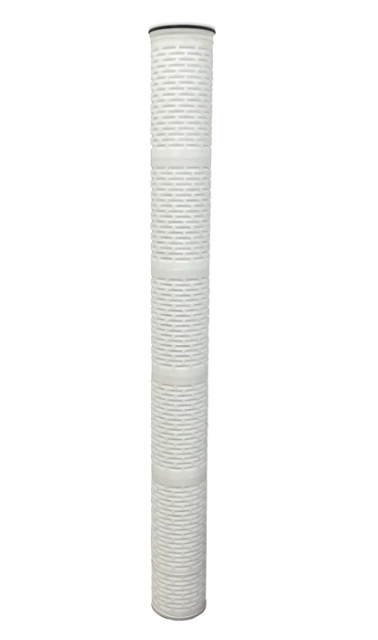Introduction:
Maintaining an efficient HVAC (Heating, Ventilation, and Air Conditioning) system is essential for both comfort and energy savings. One effective way to enhance HVAC system efficiency is by using a high flow filter. High flow filters are specifically designed to allow greater airflow while effectively capturing contaminants. In this blog, we will explore how a high flow filter can improve the efficiency of your HVAC system.
1. Increased Airflow:
A primary benefit of using a high flow filter is the increased airflow it allows through the HVAC system. Conventional filters with smaller surface areas or denser filter media can restrict the airflow, leading to reduced system efficiency. High flow filters, on the other hand, are designed with larger surface areas and lower resistance, enabling a greater volume of air to pass through. The improved airflow ensures better ventilation, faster temperature regulation, and reduced strain on the HVAC equipment.
2. Reduced Energy Consumption:
When an HVAC system operates with restricted airflow due to a conventional filter, it needs to work harder to deliver the desired heating or cooling. This increased workload results in higher energy consumption and increased utility bills. By using a high flow filter that allows unrestricted airflow, the HVAC system operates more efficiently, requiring less energy to maintain the desired indoor climate. The reduced energy consumption not only lowers utility costs but also contributes to environmental sustainability.
3. Extended HVAC System Lifespan:
The strain caused by restricted airflow can lead to premature wear and tear on HVAC components, including the blower motor, fan, and coils. Over time, this can result in costly repairs or even the need for system replacement. By using a high flow filter that promotes proper airflow, the HVAC system operates under less stress, reducing the risk of equipment failure and extending its overall lifespan. This leads to long-term cost savings and improved system reliability.
4. Enhanced Indoor Air Quality:
Maintaining good indoor air quality (IAQ) is crucial for occupant health and comfort. High flow filters are designed to efficiently capture a wide range of airborne contaminants, including dust, pollen, mold spores, and pet dander. By effectively removing these particles, a high flow filter helps improve IAQ by reducing allergens and irritants in the air. Clean and fresh indoor air contributes to a healthier and more comfortable living or working environment.
5. Longer Filter Lifespan:
High flow filters typically have a larger filter surface area compared to standard filters. This increased surface area allows the filter to capture more contaminants before requiring replacement. As a result, high flow filters tend to have a longer lifespan, reducing the frequency and cost of filter changes. Additionally, some high flow filters are designed with durable and washable materials, further extending their usability and reducing maintenance expenses.
Conclusion:
Incorporating a high flow filter into your HVAC system can significantly improve its efficiency and performance. The increased airflow allows for better ventilation, reduces energy consumption, and prolongs the lifespan of HVAC components. Additionally, choosing right high flow filters effectively capture airborne contaminants, leading to enhanced indoor air quality and a healthier environment. Consider the specific requirements of your HVAC system and choose a high flow filter that is compatible with your system's specifications. By optimizing airflow and ensuring effective filtration, a high flow filter contributes to an efficient and reliable HVAC system, offering benefits such as energy savings, improved IAQ, and long-term cost savings.


No comments yet